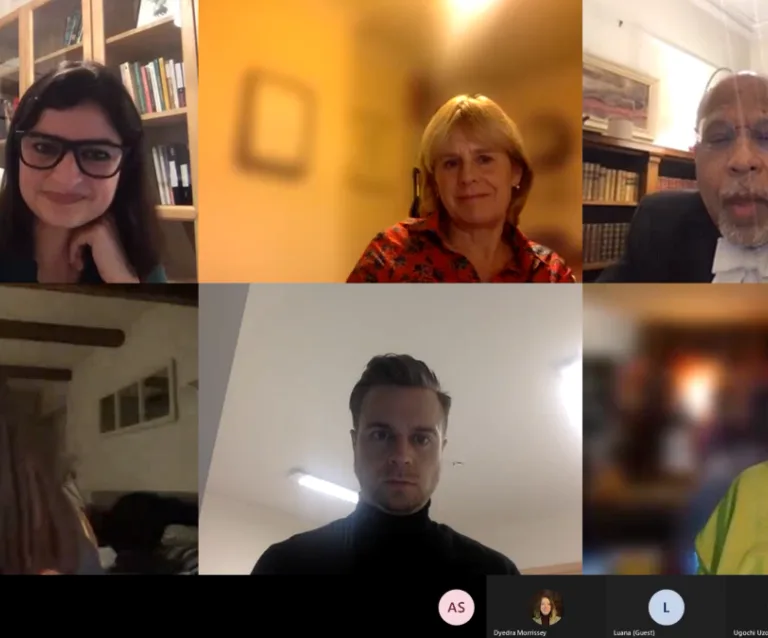Menu

This recording is the second in a series of public seminars given by Templeton World Charity Foundation (TWCF) grantees, lecturing at St Antony’s College, University of Oxford. These lectures are part of Education, Purpose and Human Flourishing in Uncertain Times (EPHF), a TWCF-supported three-year project that explores new understandings of education, purpose and human flourishing through annual convenes and publications.
This discussion is around a framework of ‘negative capability’ which can be used for exploring the agency of people who live in structures of historic constraint (Unterhalter, 2017). Negative capability, understood as the ability of a person to remain unaffected by adversity in their lives, enabling them to progress and adapt their lives to achieve future well-being.
Stay tuned for the next video from this important exploratory series. We'll be posting them here at TWCF's Future of Flourishing blog each week.
Dr. Aliya Khalid's research focuses on how women in the South navigate their agency in highly constrained circumstances. Her specialized areas of interest are the capability approach, negative capability, epistemic paradoxicality and justice, and the promotion of knowledges (plural) and Southern epistemologies. She actively engages in issues around the politics of representation and knowledge production in the academe.
Dr. David Johnson, Junior Proctor, University of Oxford, Reader in Comparative and International Education, and Fiona Gatty, DPhil., Research Project Coordinator and TWCF Fellow in Comparative Education, are Principal Investigator and Co-Investigator of the EPHF Project.




